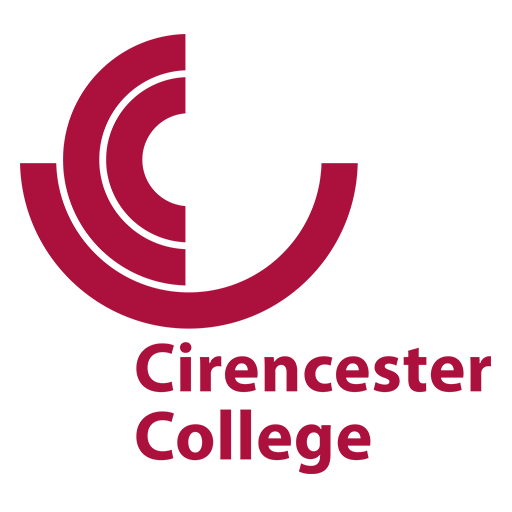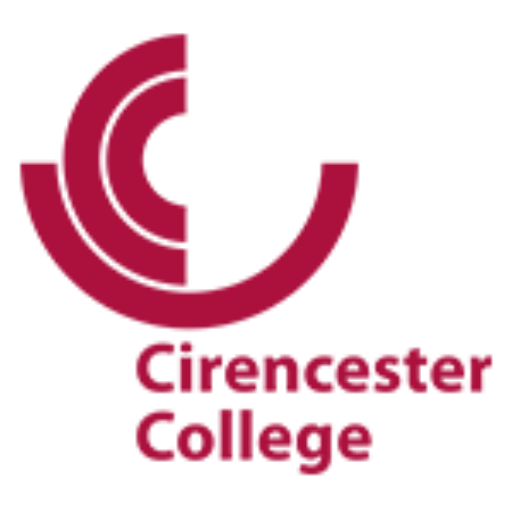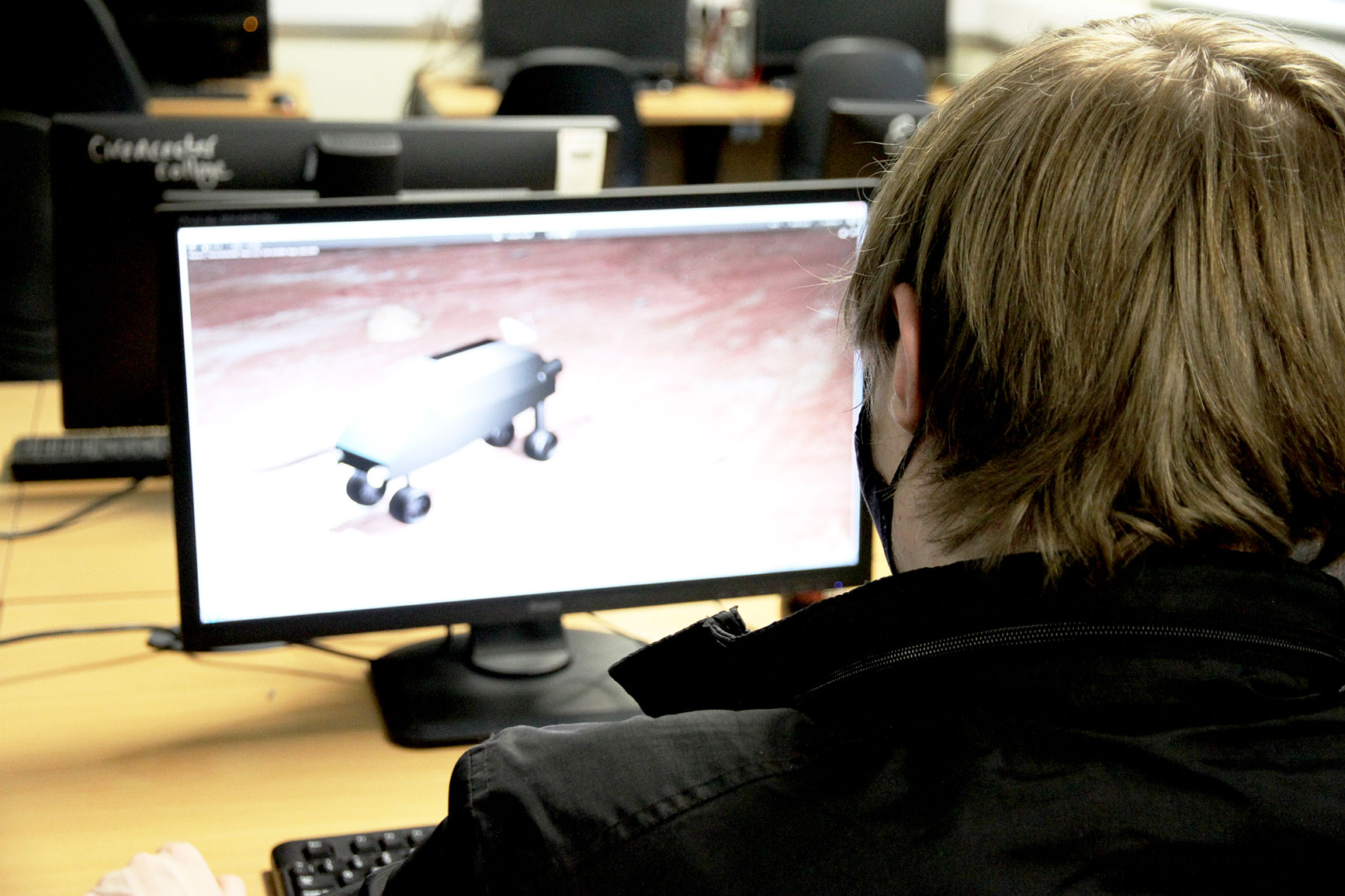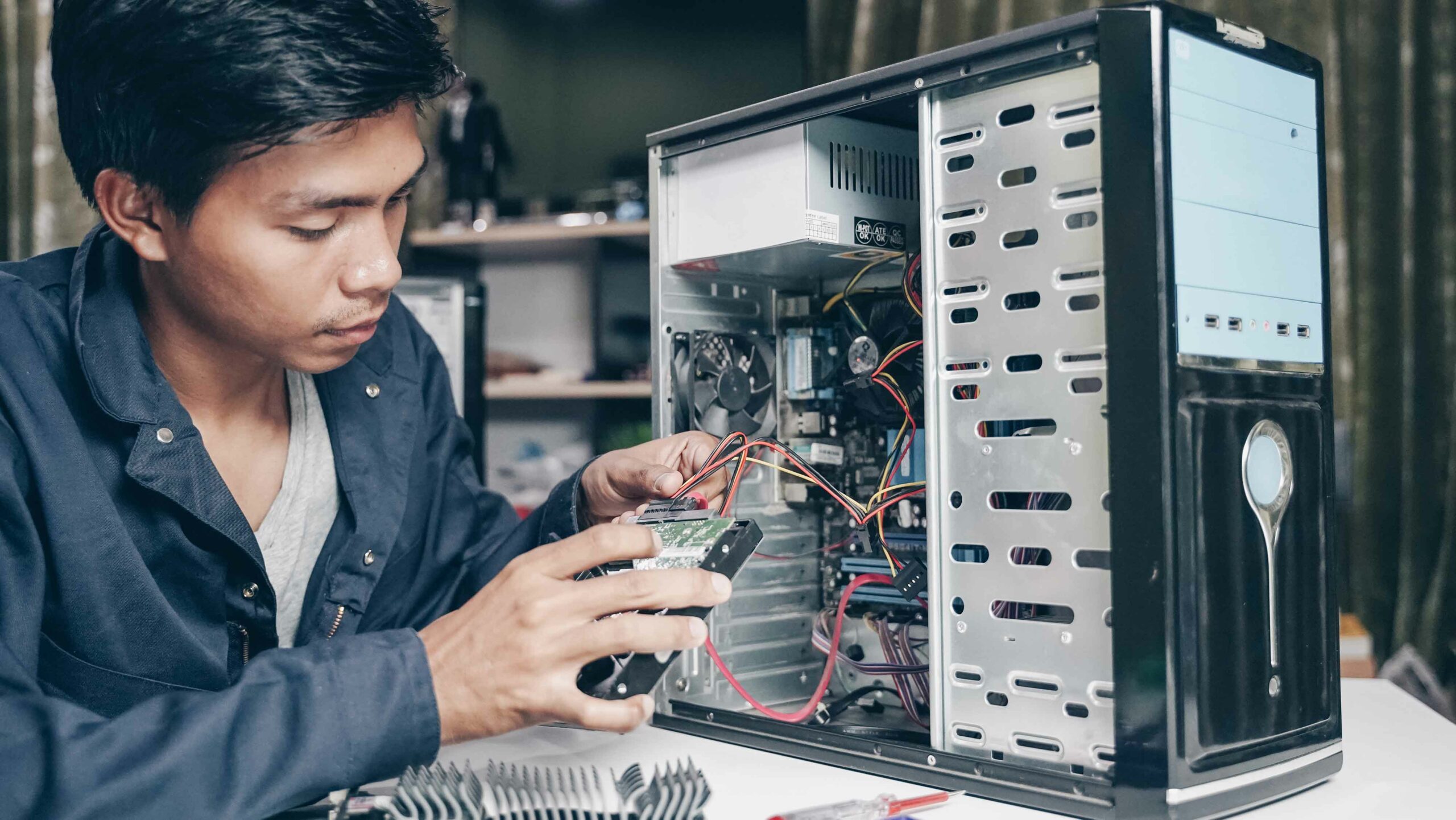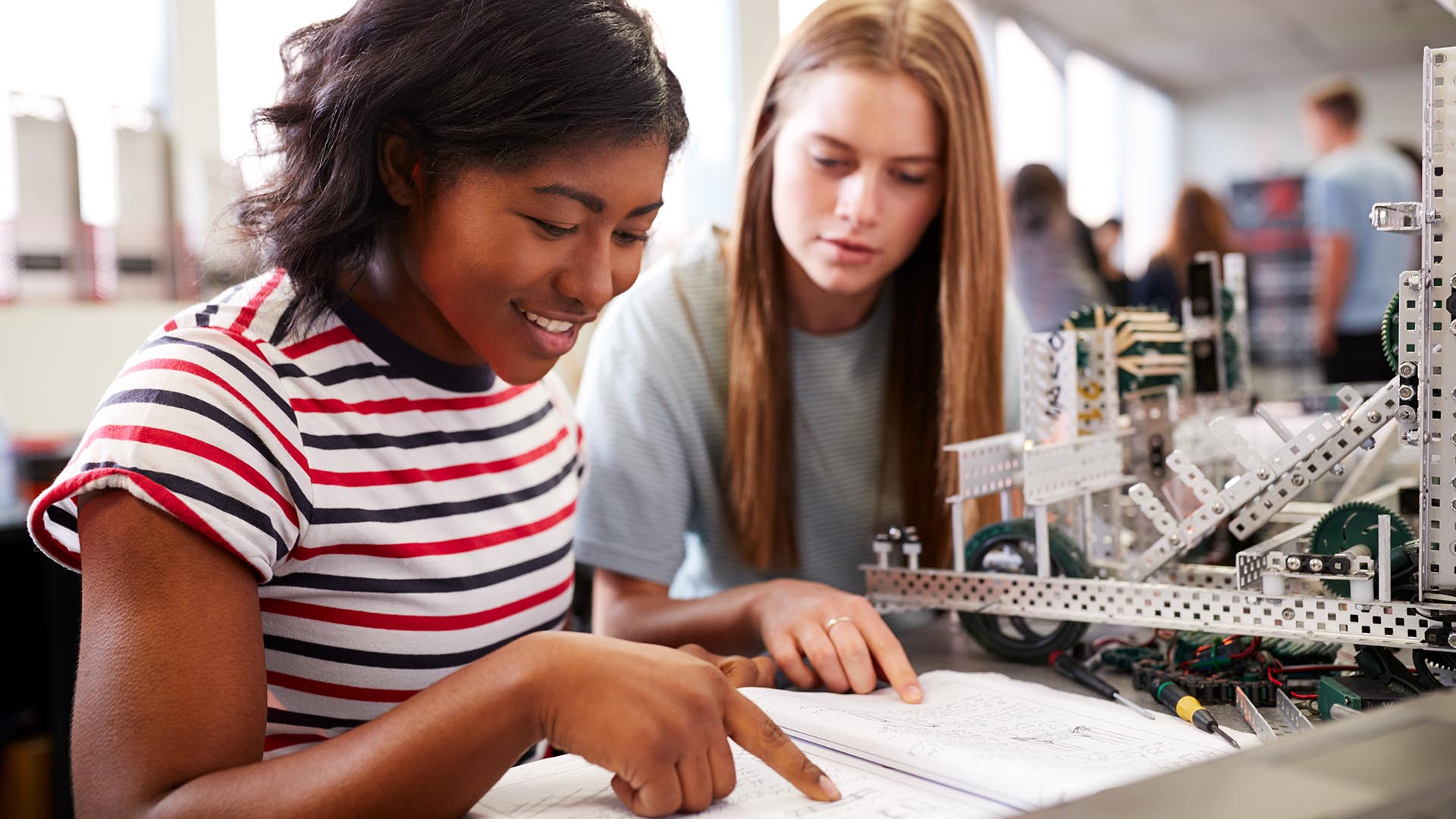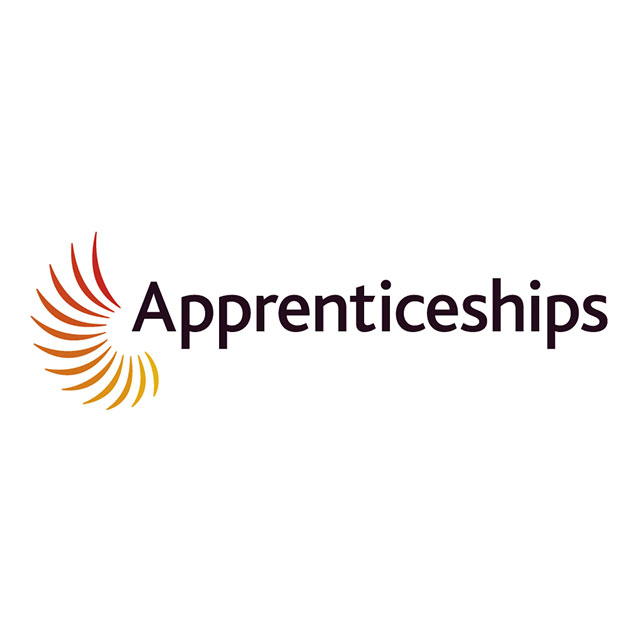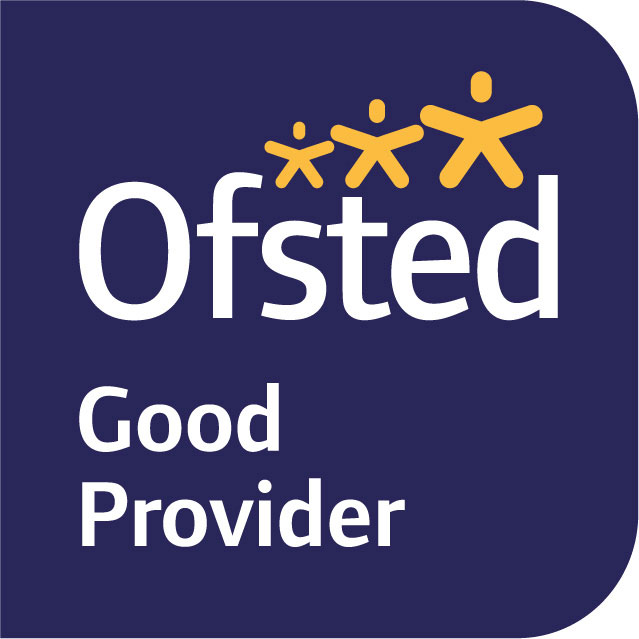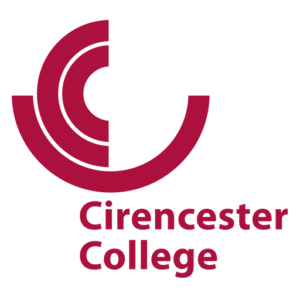DO NOT DELETE OR EDIT THIS ROW OR ITS CONTENTS

Computer Scientists are changing the world all of the time. They dream up creative, practical solutions and work with other smart, inspiring people to invent, design, and create things that matter. Through theoretical analysis and hands-on practical work, you will learn the core principles of computing and programming and how to apply them.
What will I study in Computer Science A-level?
The A Level Computer Science course is assessed, at the end of the second year, with two exams and a practical computing project
- Paper 1: this paper tests your ability to program, as well as your theoretical knowledge of Computer Science. You will be programming in C#
- The topics covered by this paper are:
- Fundamentals of Programming
- Fundamentals of Data Structures
- Fundamentals of algorithms
- Theory of computation
- The topics covered by this paper are:
- Paper 2: this paper tests your understanding of fundamental computing theory.
- The topics covered by this paper are:
- Fundamentals of data representation
- Fundamentals of computer systems
- Fundamentals of computer organisation and architecture
- Consequences of uses of computing
- Fundamentals of communication and networking - including The Internet
- Fundamentals of databases
- Big Data
- Fundamentals of functional programming (Haskell)
- The topics covered by this paper are:
- Non-exam assessment - the computing practical project
- The non-exam assessment assesses your ability to use the knowledge and skills gained through the course to solve or investigate a practical problem. You will be expected to follow a systematic approach to problem-solving. This project is a substantial piece of work, requiring analysis and design over an extended period of time, which is organised, evaluated and presented in a report.
Entry Requirements
At least five GCSEs at Grade 4 or above all from the basket subjects, including Grade 6 in Maths.
How will I learn?
Through theoretical analysis and hands-on practical work, you will learn the core principles of computing and programming and how to apply them.
At the start of the course, you will learn how to write programmes in C# by working, both with your classmates and on your own, to create solutions to increasingly more complex problems. In the second year, you will put all your programming and problem-solving skills together in a substantial coursework based project worth 20% of your A-level.
In the first year, you will also learn the fundamental ideas behind how computers process your instructions, store your data and communicate with other devices. In the second year, you will build on this knowledge, learning about more complex computing concepts like abstract data structures, the internet and databases. You will be set homework that will allow you to practise your classroom learning and you will be assessed through practical programming exercises, end-of-unit tests and mock exams.
How will I be assessed?
During the second year you will complete a coursework project worth 20% of your A Level.
At the end of the second year, you will sit two exams both lasting 2.5 hours.
- Paper One is an on-screen exam and includes programming theory and practical programming.
- Paper Two is a written exam and includes questions on computing theory.
Both exam papers are worth 40% each of your A Level
Are there any costs involved?
Students can buy Workbooks which follow the course. These amount to only a few pounds in total.
FAQs
No – If you have GCSE Computing, the A-level builds on the work you have done in GCSE. However, if you have not taken the GCSE Computing course then we will teach you everything you need to know.
If you have GCSE Computing then you will need to have achieved at least a grade 4.
No – You will be learning how computers work at a low level rather than how to install hardware. However, you will be doing lots of practical programming.
Most of the programming you do will be in C#. In the first year, you will learn the basic constructs and then towards the end of the first year extend that to include object-oriented programming techniques. You will also learn to programme in Assembly Language, SQL and Haskell (a functional language)
No, all our A Level Computer Science teaching rooms have computers that run all the necessary software. We also have a number of study areas around the College with computers for you to use when you are not in lessons.
If you do decide you want to get a PC/Laptop to do work on at home, particularly for the project in the 2nd year, we recommend not getting a ChromeBook as these don't run all the software that you need for A-level Computer Science.
Awarding Body
AQA
Available As
[56 UCAS pts. available]

Add to Application
What can I do after I have taken this course?
Available As
[56 UCAS pts. available]

Add to Application

DO NOT DELETE OR EDIT THIS ROW OR ITS CONTENTS
What the students say

”I have a passion for computer science, everything from coding to networking, creating applications, databases and networks from scratch fascinates me. The subject can be testing at times, but I know these 2 years are the stepping stone I need to get in to University and get me closer to the career I want. I am really excited about the personal programming module in year 2 where I will be hands on and showing off the skills I have learned whilst having fun with the subject. Overall, the course is great, it’s a shame that there aren’t more girls to go through it with as there is a lot of opportunity in the IT world right now.
Chloe Duggan
